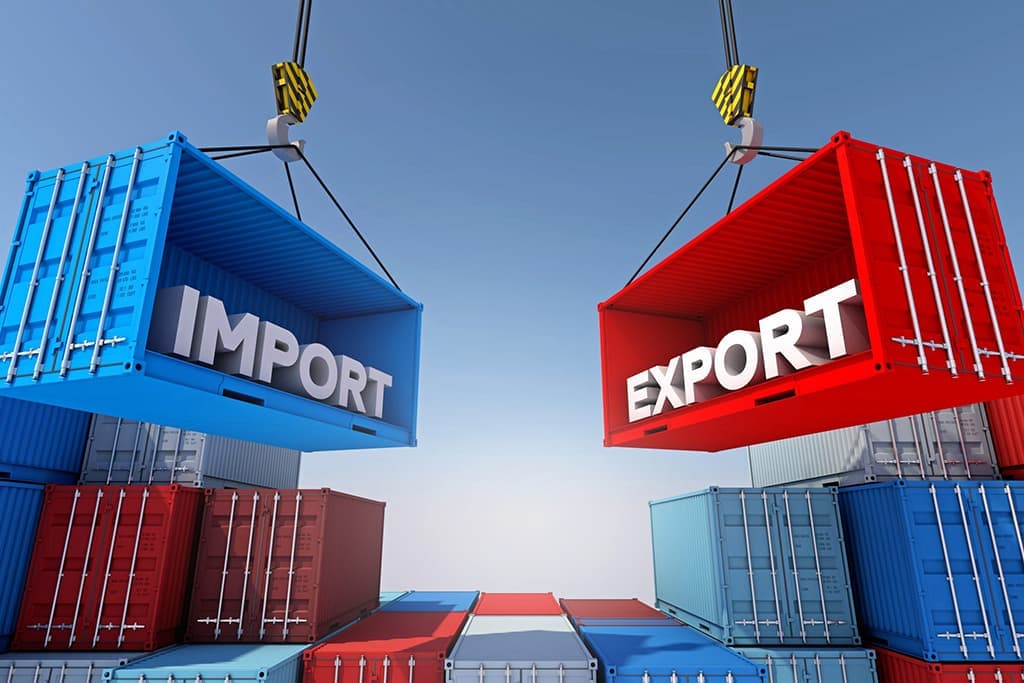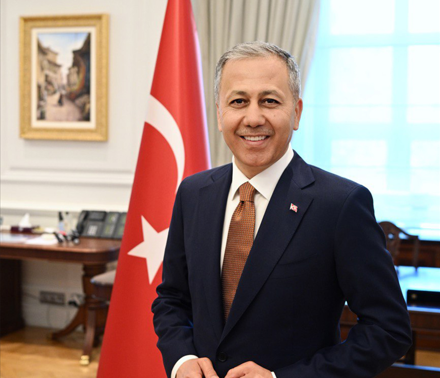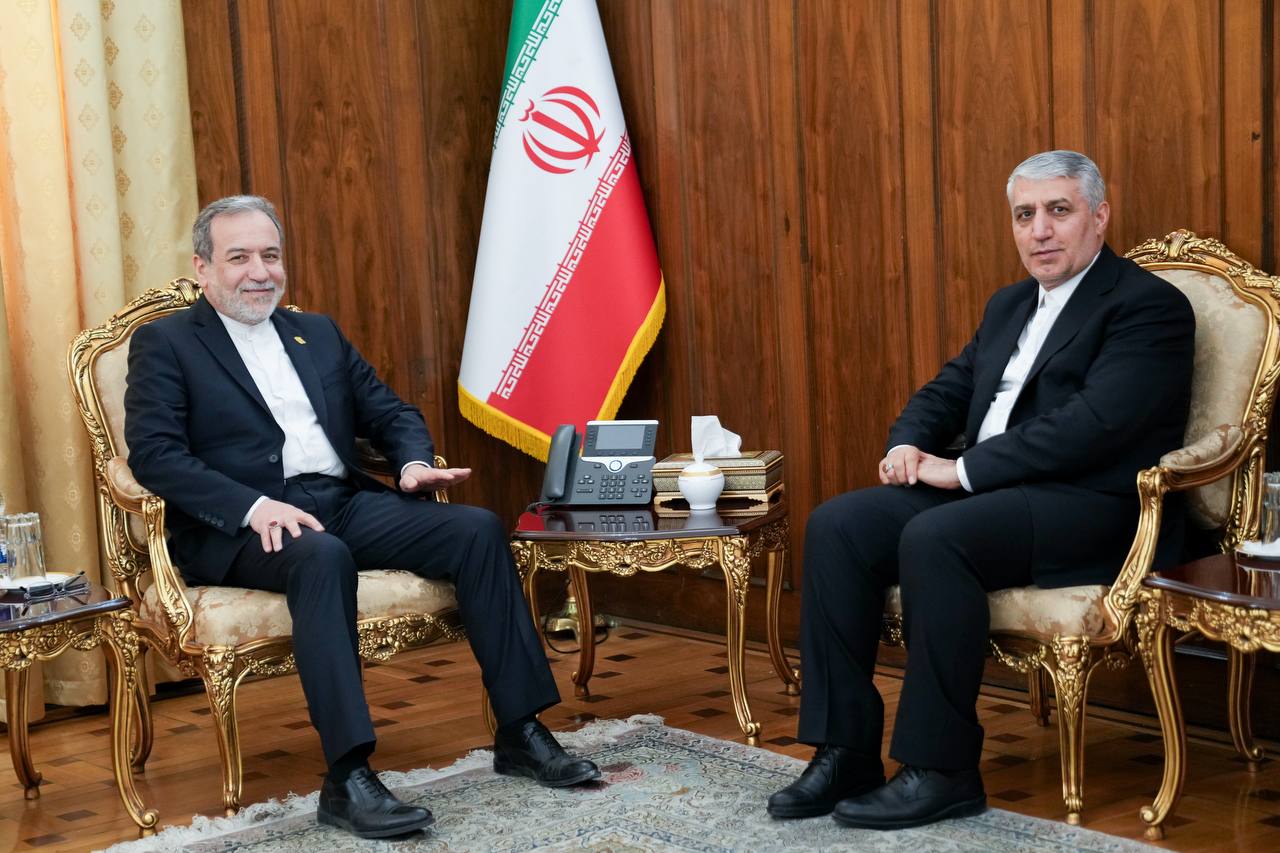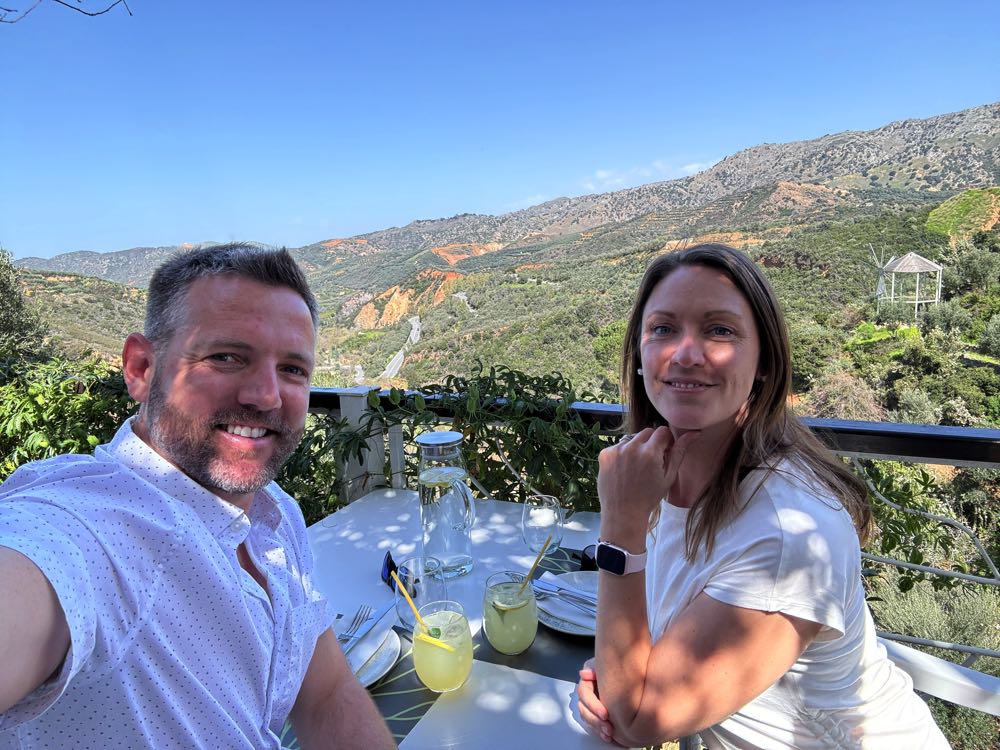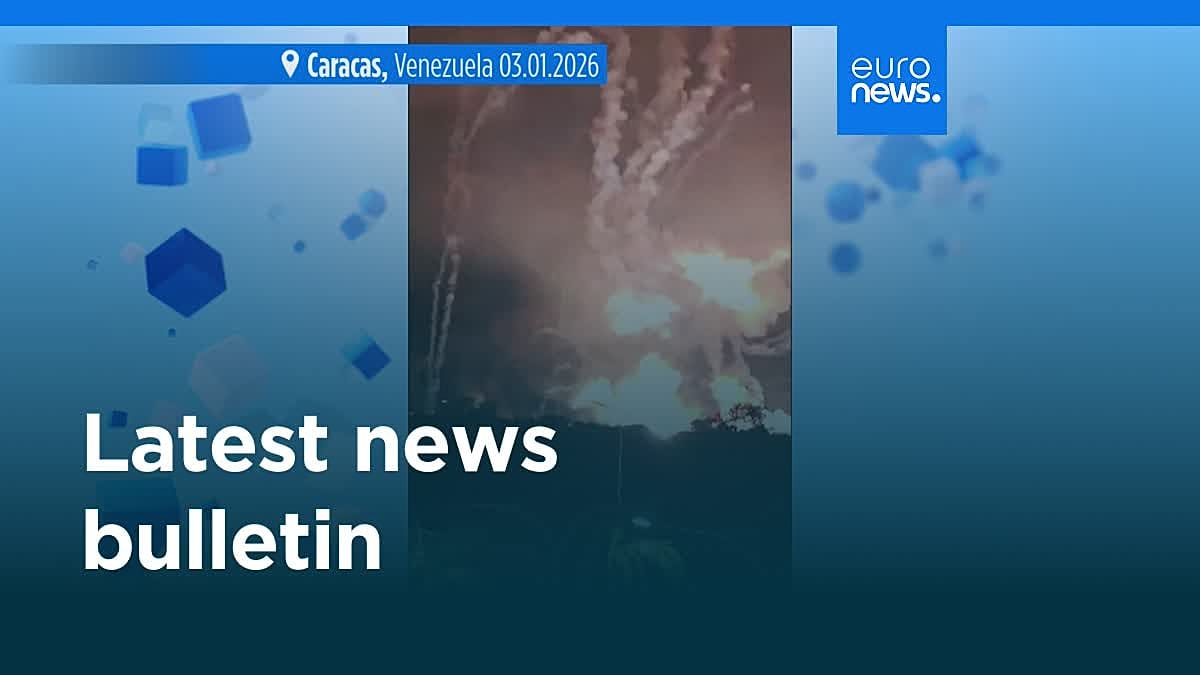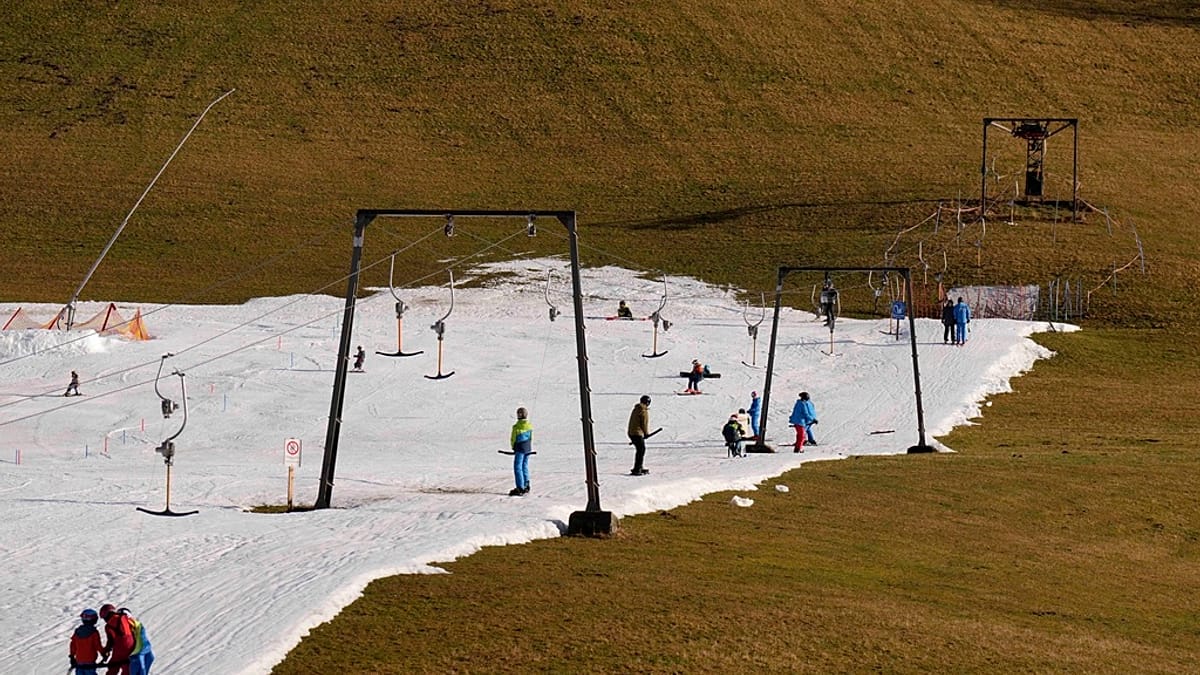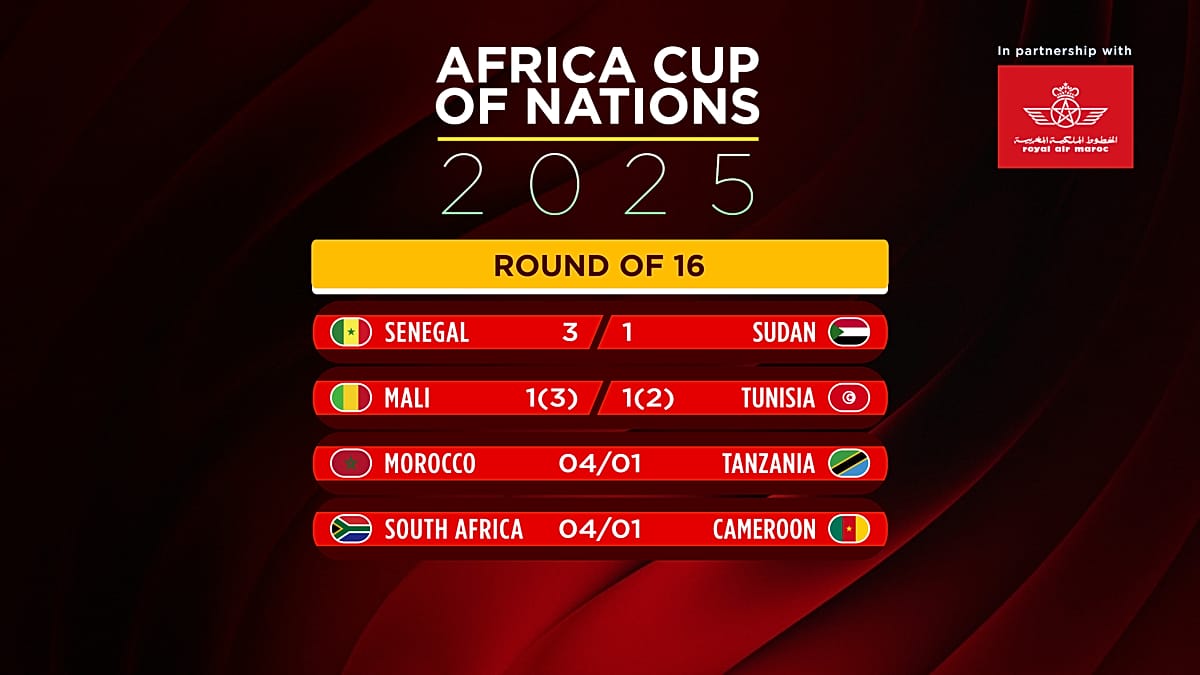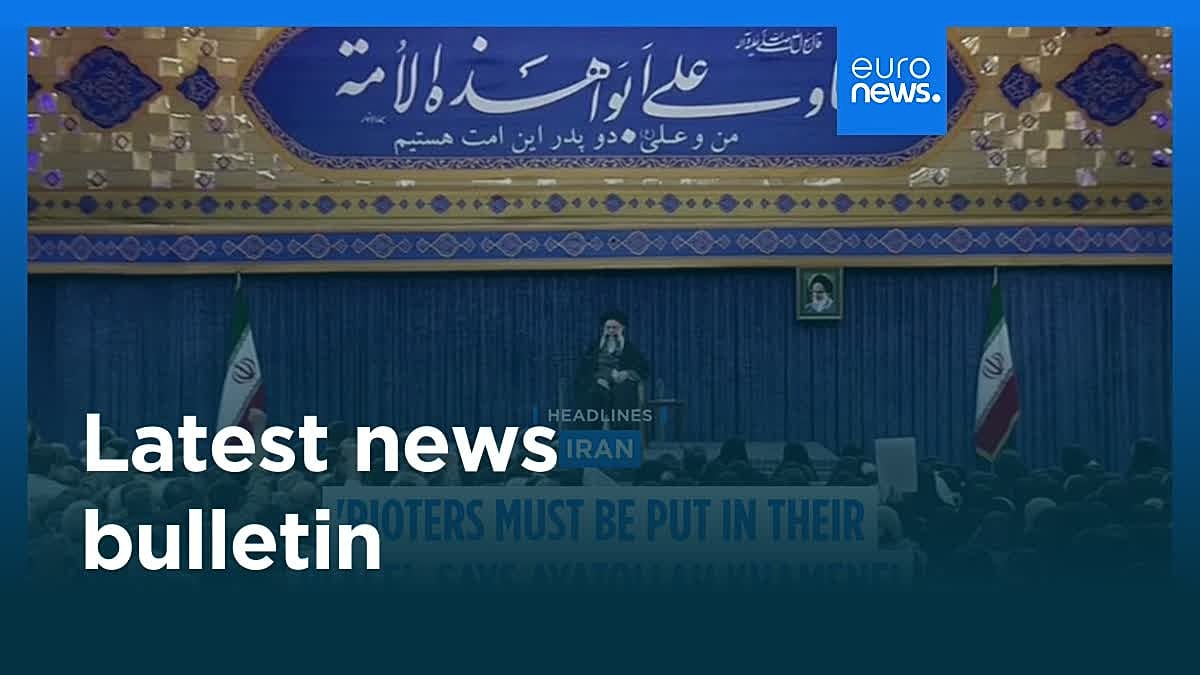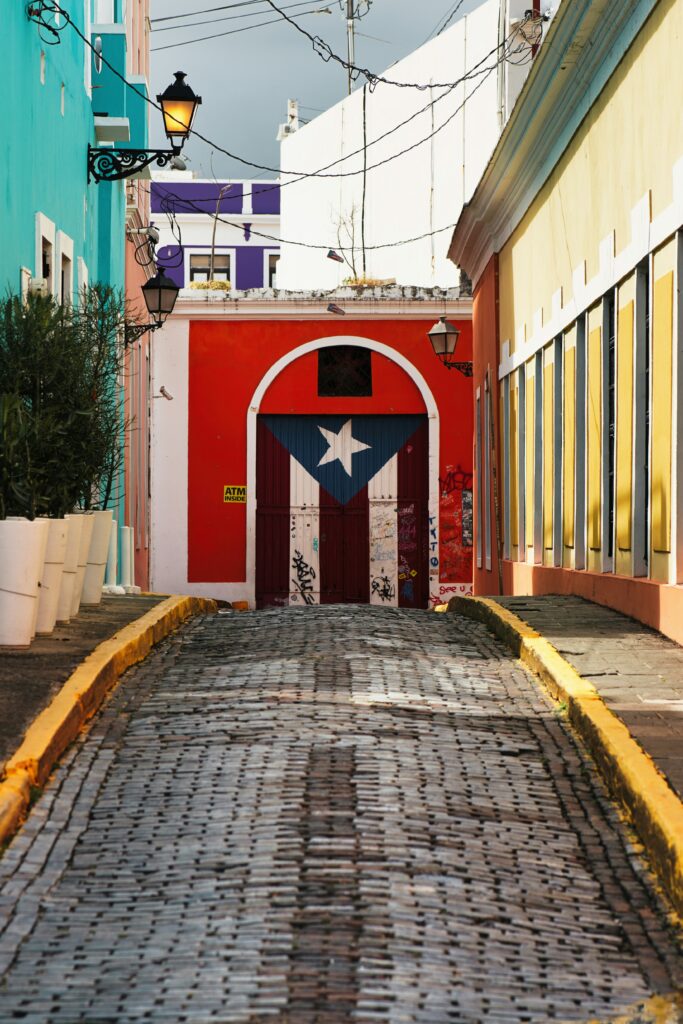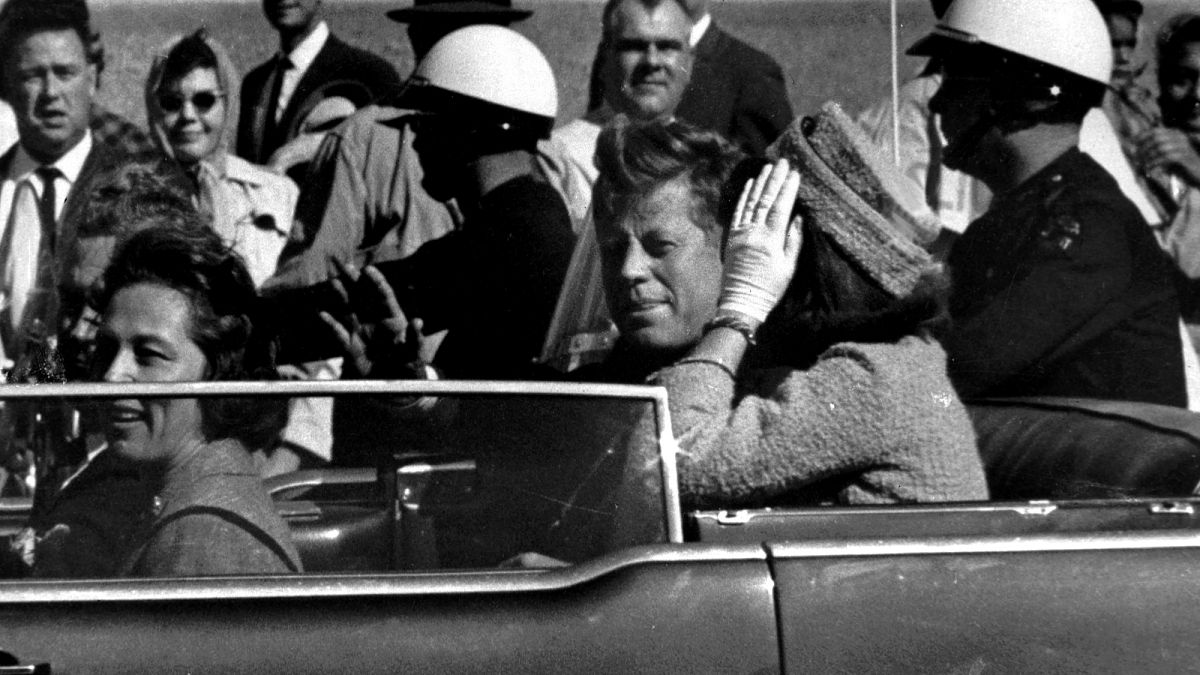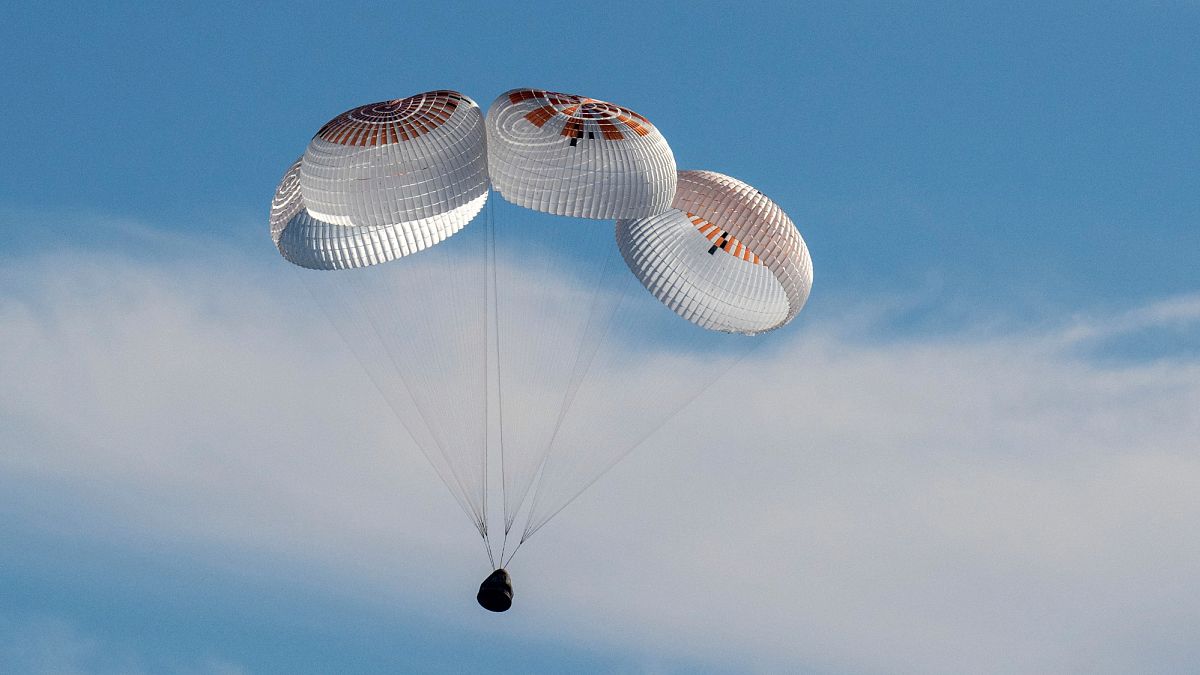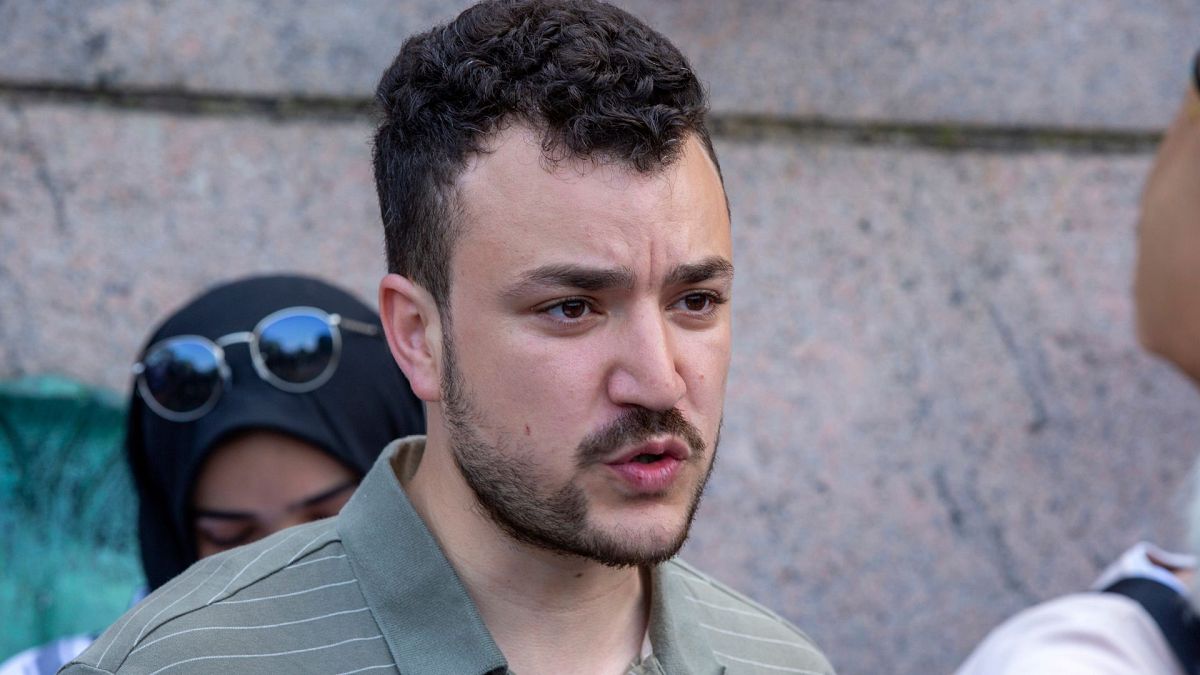Palestinian statehood gains momentum – but EU still divided over recognition

Recognition, sanctions, two-state solution: In recent weeks, and in particular at the United Nations General Assembly in New York this week, countries made their positions clear on Israel and the Palestinians. While calls for a Palestinian statehood gain support, the EU fails to speak with one voice.
António Costa, President of the European Council, said earlier this week that a majority of the EU member states now recognise the Palestinian state. “There is only one way forward – the two-state solution. A secure and recognized State of Israel. An independent, democratic, viable State of Palestine. Living side by side,” he stressed on X.
The EU is divided over the recognition of the Palestinian state. France, Belgium, Luxembourg, Portugal and Malta joined the list of EU countries that have recognised the State of Palestine. Sixteen of the 27 EU member states adopted this decision, in several waves: Poland, Hungary, Romania, Bulgaria and Cyprus had done so in the 1980s. As did Czechoslovakia – today’s Czech Republic and Slovakia – but post-Soviet Czech governments have not recognized a Palestinian state. Sweden did so in 2014, and Slovenia, Spain and Ireland in 2024.
Australia, Britain, Canada and Portugal also recognised a Palestinian state at the UN this week, piling pressure on Israel – and its main backer: the United States – as it intensifies its war in Gaza.
France’s President Emmanuel Macron on Monday was among the latest big players who recognised a Palestinian state at the UN, spurring a wave of Western moves to defy Israel in making the landmark – if symbolic – move. “The time for peace has come, as we are just moments away from no longer being able to seize it,” Macron told the General Assembly.
Portugal’s recognition followed weeks of consultation between the government, the political parties with representation in parliament, and also the president. Foreign Minister Paulo Rangel said: “It is time, more than time, to make the necessary steps towards peace,” adding that he hoped the recognition would be accompanied by the end of all confrontations between the Israeli military and the Hamas insurgents.
Poland has maintained a consistent position on the Israeli-Palestinian conflict, emphasising the Palestinians’ right to statehood. Warsaw recognised Palestine in the late 1980s and has consistently advocated a two-state solution. Foreign Minister Radosław Sikorski has repeatedly emphasised that “nothing should happen without the participation of the Palestinians themselves”, arguing that regional stability requires their full involvement in the political process.
Post-Soviet special cases: It’s complicated
Some Central and Eastern European countries that recognised the Palestinian state back in the 1980s because they were part of the Soviet bloc are today closer to the positions of Israeli Premier Benjamin Netanyahu’s government, such as Hungary.
The then-Czechoslovakia had recognised Palestine during Soviet times, but today’s Czech government sees things differently.
It supports a two-state solution to the Israeli-Palestinian conflict. However, this can only be achieved through direct negotiations between the two sides, which will not be possible as long as the Gaza Strip is controlled by the Hamas terrorist movement, the Foreign Affairs Ministry said. “The Czech Republic has not recognised the Palestinian state and is not planning to do so now,” it said.
Foreign Minister Jan Lipavský also said he disagreed with the conclusions of the UN Independent International Commission of Inquiry on the Occupied Palestinian Territory that Israel is committing genocide in Gaza. The EU Commission itself is split on the subject. It distanced itself from remarks by Commissioner Teresa Ribera who said in early September: “the genocide in Gaza exposes Europe’s failure to act and speak with one voice.”
Some EU members remain firmly on the fence. The Bulgarian government for example has not yet issued an official statement on the issue.
Who’s not on board
Eleven EU member states remain reluctant, maintaining that it is necessary to reach an agreement on the two-state-solution before a recognition of a Palestinian state.
Germany and Italy are among the biggest holdouts in Europe. The government in Berlin does not plan to follow suit on recognition at this point, despite being a strong supporter of the two-state solution. For Germany, recognition should occur at the end of a process towards a solution, Foreign Minister Johannes Wadephul told journalists in New York. “But this process has to start now,” he demanded.
“In Gaza, people experience hell on earth.” German Foreign Minister Johannes Wadephul
He strongly criticised Israel’s actions, but stressed that this decades-old conflict cannot be solved by “terror, destruction and death”.
Italy’s Foreign Minister Antonio Tajani maintains Italy’s stance that Rome was not ready to recognise the state of Palestine. “Recognising a state without first creating the conditions for its birth would not produce any effect, except to push peace away,” he told parliament earlier this month.
Croatia is another one of the resisting countries. There is a disagreement on this issue between the president and the government, who co-decide on foreign policy issues. According to his office, President Zoran Milanović said in New York on Monday that Croatia should recognise a Palestinian state, emphasising that this is not a reward for the Palestinians, but their right.
But recognition, while historic, is unlikely to change facts on the ground. “Unless backed up by concrete measures, recognising Palestine as a state risks becoming a distraction from the reality, which is an accelerating erasure of Palestinian life in their homeland,” said the International Crisis Group’s Israel-Palestine project director, Max Rodenbeck.
Romain Le Boeuf, a professor in international law at the University of Aix-Marseille in southern France, said: “Recognition does not mean that a state has been created, no more than the lack of recognition prevents the state from existing.” While recognition carries largely symbolic and political weight, three-quarters of countries say “that Palestine meets all the necessary conditions to be a state”, he said.
Netanyahu has vowed not to allow a Palestinian state and far-right members of his cabinet have threatened to annex the West Bank to make statehood impossible.

When is a sanction really a sanction?
It’s not just recognition of a Palestinian state – the EU is also at odds over levying sanctions on Israel over its conduct in Gaza, and if yes, to what extent.
The war in the Gaza Strip erupted in October 2023, when Israel launched a military offensive in response to an attack by the terrorist movement Hamas, in which gunmen killed 1,200 people in southern Israel and took 251 others hostage.
More than 65,000 Palestinians have been killed in the Israeli attacks in the Hamas-controlled Gaza Strip since the start of the war, according to the latest figures from the Hamas-controlled Health Ministry.
Commission President Ursula von der Leyen, in her State of the Union speech to the European Parliament earlier this month, proposed several measures including scrapping Israel’s free-trade benefits with the EU and sanctioning radical Israeli politicians. Pressure for effective sanctions had mounted in the weeks prior, but so far, the Commission president can’t do more than make an announcement.
The lines drawn up follow a similar pattern as the debate on statehood, with Germany on the brakes: German Chancellor Friedrich Merz said his government wanted to find a position on von der Leyen’s proposal by the next informal EU summit in early October only.
Other member states’ positions are moving towards a harsher stance against Israel.
Spanish Prime Minister Pedro Sánchez expressed his full agreement with the Commission’s proposals for sanctions, after Spain had been calling for the suspension of the EU’s association agreement with Israel for a year. He stressed that defeating terrorism cannot be achieved with indiscriminate attacks on the civilian population in Gaza.
Italy’s foreign minister said that his country was both in favour of sanctions against extremist Israeli ministers and violent settlers as well as the extremist terrorist group Hamas. The opposition as well as public protesters have demanded more consequences for Israel’s actions.
The Swedish government has become more and more critical towards Israel’s actions in Gaza and is supporting a temporary suspension of the trade agreement as well as EU-sanctions on ministers and settlers. Sweden is also starting to consider changing the laws in order to be able to introduce unilateral sanctions, which is not possible at the moment. “We need to start thinking about alternatives, if we are repeatedly stopped from taking stronger measures (in the council),” Foreign Minister Maria Malmer Stenergard said in August.
Slovenia is also among the EU member states that has been calling on the EU for some time to adopt sanctions against Israel. As there was no agreement at EU level, it has implemented some bilateral measures against Israel, including declaring ministers Itamar Ben Gvir and Bezalel Smotrich personae non gratae. At the end of July, it was the first EU country to impose a weapons ban on Israel, prohibiting all imports and exports of weapons to and from Israel, as well as transit of Israel-bound weapons through its territory.
More member states may be tempted to go their own way on sanctions if the EU fails to come together on the issue.
This article is an enr Key Story. The content is based on news by agencies participating in the enr.

